Requiescant: A Deep Dive into Pasolini’s Performance
“Requiescant,” directed by Carlo Lizzani and released in 1967, stands out as a poignant entry in the Spaghetti Western genre. Not only does it showcase the grit and emotional weight characteristic of the genre, but it also features a remarkable performance by Pier Paolo Pasolini. This film offers a rich tapestry of themes, striking visuals, and memorable locations that contribute to its lasting impact.
Plot Overview
The narrative centers on a young Mexican man, Requiescant, who seeks revenge against the corrupt landowners responsible for his family’s death. The film deftly weaves together elements of personal vengeance, social critique, and the brutal realities of the Wild West. Pasolini plays the role of a morally conflicted priest, providing a counterpoint to the violence surrounding Requiescant’s quest.
Pasolini’s Performance
Pier Paolo Pasolini, known primarily for his work as a filmmaker and poet, delivers a haunting performance as the priest. His character embodies a complex moral landscape, struggling with faith and the overwhelming tide of violence that defines the world around him. Pasolini’s nuanced portrayal captures the essence of a man torn between his religious beliefs and the harsh realities of life, creating a character that resonates deeply with the audience.
His ability to convey deep emotional turmoil with subtle gestures and expressions elevates the film. Rather than relying on traditional heroism, Pasolini’s priest questions the very nature of morality, allowing viewers to engage with profound philosophical dilemmas.
Cinematic Locations
The visual landscape of “Requiescant” plays a crucial role in shaping the film’s atmosphere. Shot in the stunning deserts of Spain, the cinematography by Gianni Di Venanzo highlights the stark, arid beauty of the landscape, contrasting it with the moral complexities of the characters. Locations such as the desolate towns and sprawling plains serve not only as backdrops but as reflections of the internal struggles faced by the characters.
The use of natural light enhances the rawness of the film, lending a sense of authenticity to the violent confrontations and emotional moments. The locations effectively embody the desolation and isolation that permeate the narrative, reinforcing the themes of revenge and existential despair.
Themes and Social Commentary
“Requiescant” delves into themes of justice, morality, and the cyclical nature of violence. The film critiques the socio-political landscape of its time, drawing parallels between the lawlessness of the Wild West and contemporary societal issues. Pasolini’s character, as a figure of faith, offers a commentary on the futility of seeking salvation in a world rife with corruption and brutality.
The film’s ending, marked by ambiguity and moral complexity, invites viewers to reflect on the consequences of revenge and the potential for redemption. Pasolini’s performance, combined with the film’s thematic depth, encourages a critical engagement with the narrative, challenging audiences to grapple with their own beliefs about justice and morality.
“Requiescant” remains a compelling film within the Spaghetti Western genre, enriched by Pier Paolo Pasolini’s unforgettable performance and the striking locations that frame the narrative. Its exploration of complex themes, combined with Lizzani’s direction, creates a work that is not only entertaining but also thought-provoking. As audiences revisit this classic, they are reminded of the enduring power of cinema to illuminate the intricacies of the human experience.
Watch the movie on Movieitaly+
Read more articles here!


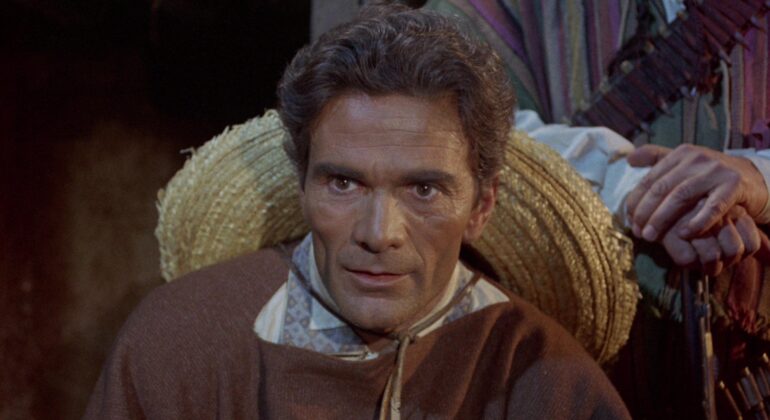
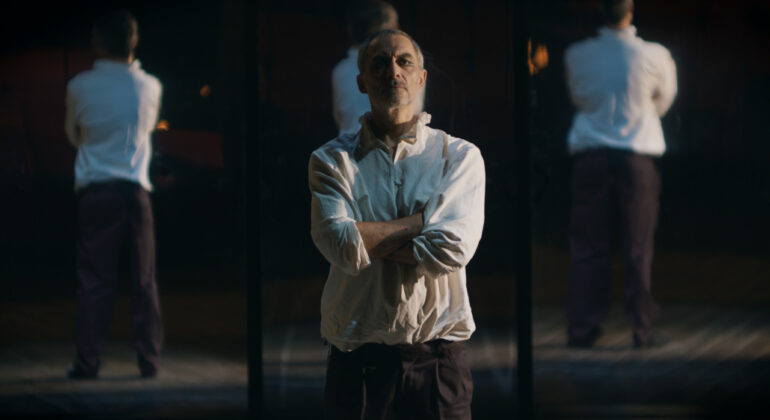
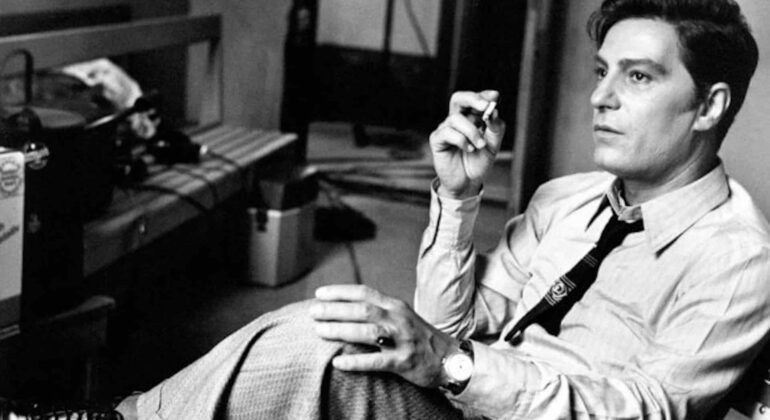
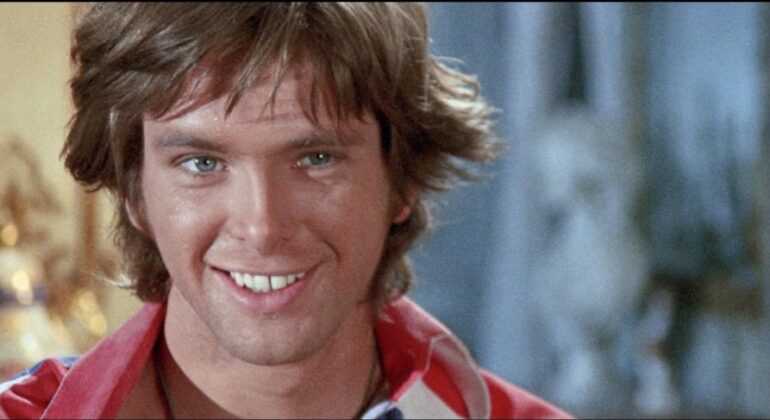
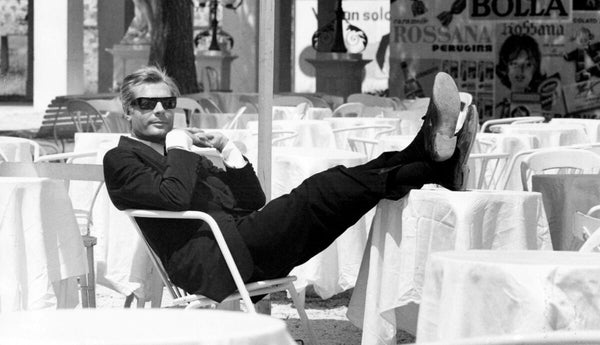
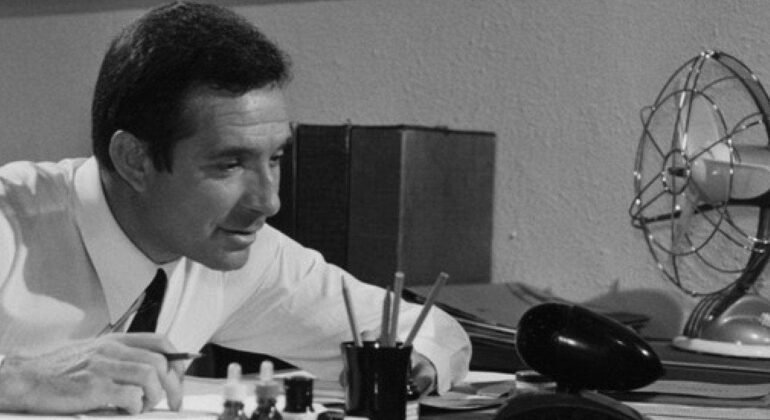
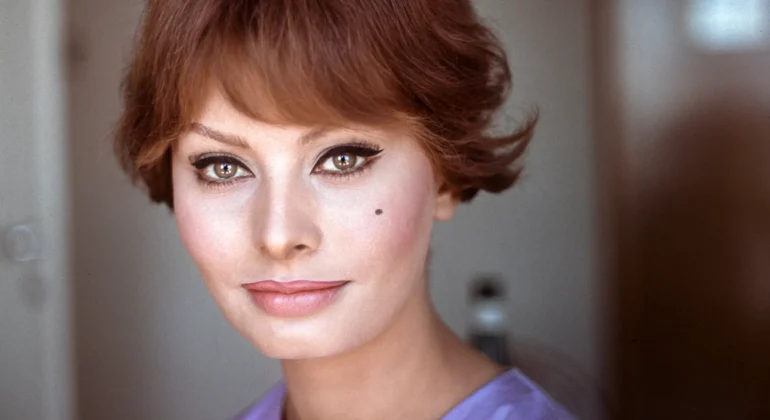
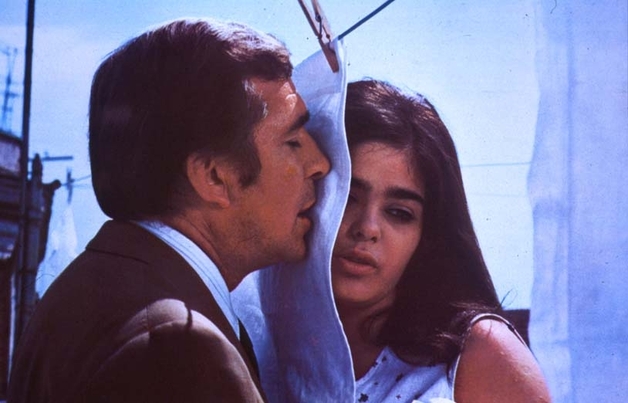
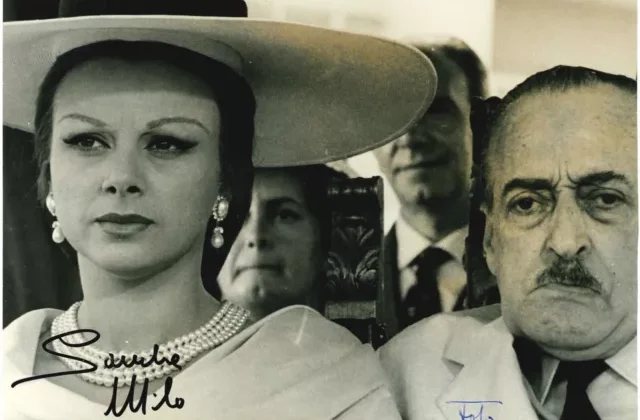
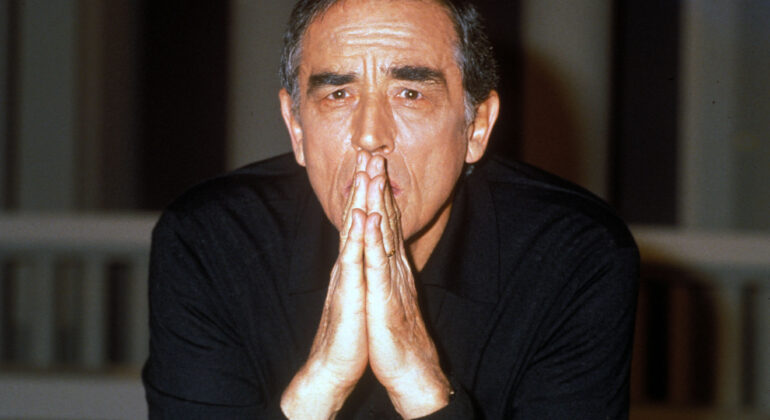
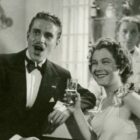
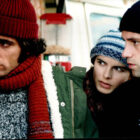


Recent Comments